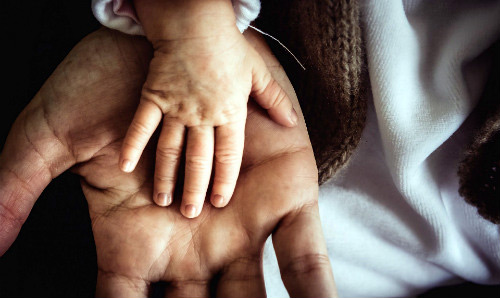Equality, diversity and inclusion
Inequalities in work and employment lie at the heart of wider trends and policy debates concerning inequality and poverty, both of which warrant attention in their own right.
Linking inequalities to the life course focuses on how inequalities change or are reinforced across the life course, how changing life courses are interacting with developments in work and employment, and how age and other life course factors impact on securities and insecurities. Examples include the growing concern with issues of precarious and non-standard work patterns and how social and employment policy reduce or exacerbate inequalities across the life course for different groups.

Research expertise
This theme builds on a rich history of research in Manchester on social inequalities, human development debates and the social reproduction systems that affect work and employment outcomes. Notable contributions include the foundational international comparative research on gender equality associated with the coordination of the European Commission’s Expert Group on Gender and Employment which led to the development of a life-course approach to welfare states, as part of EU research into the dynamics of national social models. At the WEI we have built international expertise on issues of work-life balance, part-time working, parenting, and the measurement and implications of women’s care work. Research has been carried out both nationally and in comparative contexts, including developing economies. Our analysis and findings have made impactful contributions to debates on older workers, changes to retirement conditions, young workers in the service sector, as well as flexible nonlinear carers for mature graduates.
Current and future agenda
The ‘equality, diversity and inclusion’ theme aims to expand research into how employers are responding to the increasingly diverse workforce and the issues and demands for equality and inclusion across multiple occupational groups. This includes both UK and international research on new interactions between employment and family, gender equality, parenthood (including the role of fathers) and the impacts on lone parents and employment.
